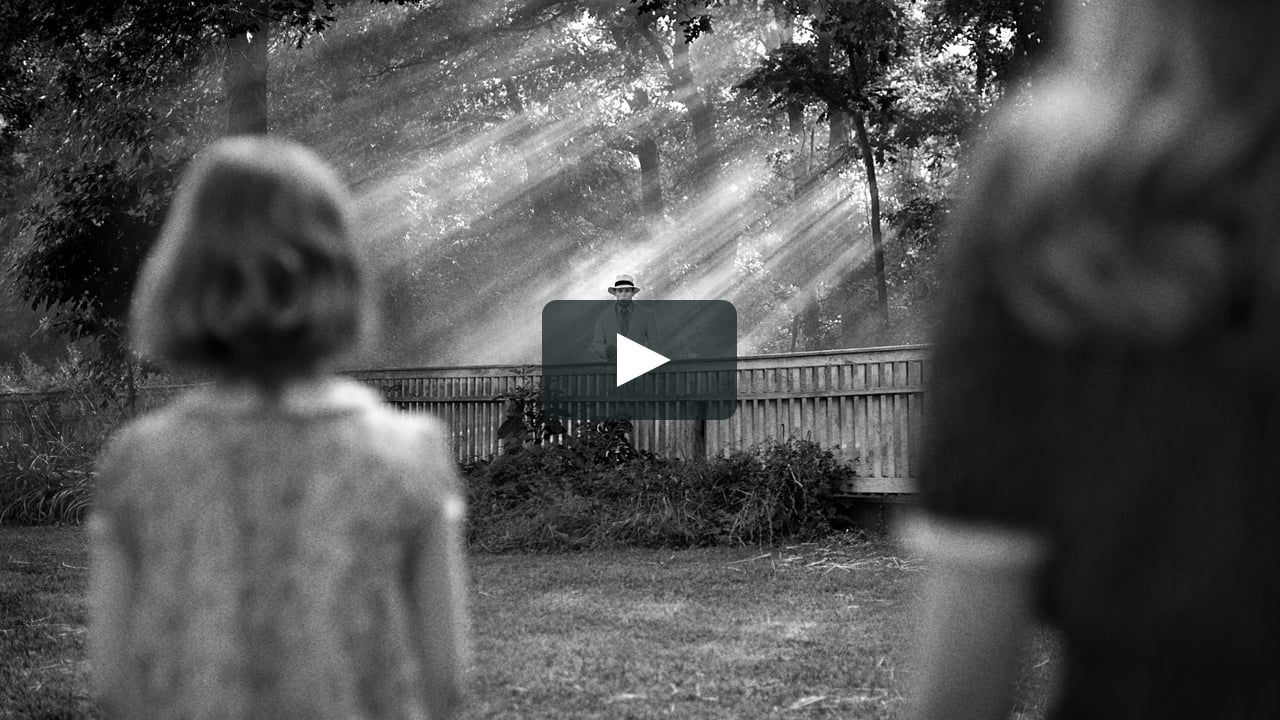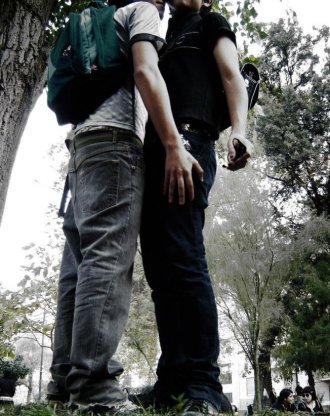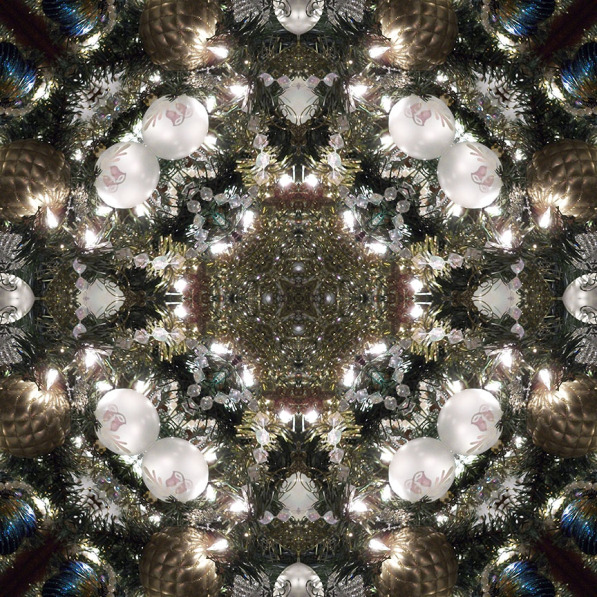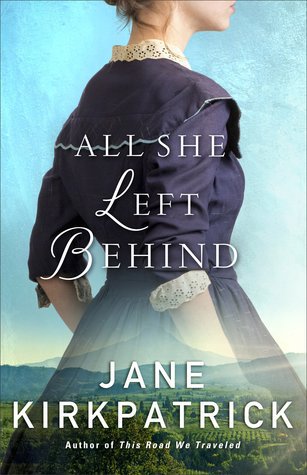 We, so tired of all the darkness in our lives cover art
We, so tired of all the darkness in our lives cover art
 I’m always delighted to be pleasantly surprised by new music, especially when it’s found completely by accident. Striking gold with electronic music is a bonus. As a genre, it can sometimes feel like I’ve heard just about all I’m going to hear where variety is concerned.
I’m always delighted to be pleasantly surprised by new music, especially when it’s found completely by accident. Striking gold with electronic music is a bonus. As a genre, it can sometimes feel like I’ve heard just about all I’m going to hear where variety is concerned.
Then along comes composers like James Leyland Kirby. Kirby goes by many names (Leyland Kirby, The Stranger and The Caretaker to name a few). Each of these monikers represent a different direction and project arc musically. From the start of his musical career in the late ’90s, Kirby has become a highly respected composer. For a time, his music was commonly featured on the John Peel Show’s opening and closing segments.
Of the small percentage of Kirby’s discography that I have heard, it would seem that he presents some interesting ideas and concepts. Although I can’t say every experiment turns out a success to my ears, some stand out like his 1999 debut (as The Caretaker). There he repurposes music from the 1930s and turns it into a kind of spooky digital tapestry. The concept is further refined in the more recent Everywhere at the end of time. In all, James Kirby has written and recorded well over 2,000 songs between his many aliases. Most of them have been experimental in the spirit of pioneers like Brian Eno.
As for Kirby’s more mainstream work, his latest release We, so tired of all the darkness in our lives gathers up various compositions from or 4 to 5 year period. Essentially you could call this album a greatest hits collection. Apparently, these songs represent favorites of Kirby and give a good record of his stylistic directions. Such compilations can sometimes feel disjointed, but here Kirby carefully collects songs that work well together as a themed collection. The title, appropriately named for now when Washington feels incompetent and personal safety appears to be at an all time low.
That title works well with compositions that explore a range of human emotions wrapped and wrapps them in a little melancholy. On the surface it can sound dark, but subdued melodies can give some tracks the air hopefulness. One of the album’s highlights, “A1-Consolation” embodies all of above mentioned elements into one mid-tempo song.
In a slight nod to the work Vangelis did for the original Blade Runner film, We, so tired… updates the general feel of dystopian sci-fi background music with the occasional strong contrasting percussion or with elegant piano sections.
We, so tired.. recalls the simple beauty of Hakobune or Arovane with tracks that are not necessarily layered, but still can build up or construct a melody slowly like a Brian Eno composition. Like any work from Mr. Kirby, We, so tired is not available from conventional retailers, but instead accessible from sites like Bandcamp and the artists own website. Ironically, some of Kirby’s music is available on major streaming services, but unless you knew what you were looking for, this music would be lost in the deep catalougs of iTunes, Spotify and Tidal. It was purely by accident that I stumbled on this work via the new releases on Bandcamp.
This album is priceless, quite literally as Leyland offers it for whatever price the listener is willing to pay – even if that means nothing. You could do a lot worse than to give this excellent recording an hour of your time and maybe a little of your money.
Advertisements Share this:- More





